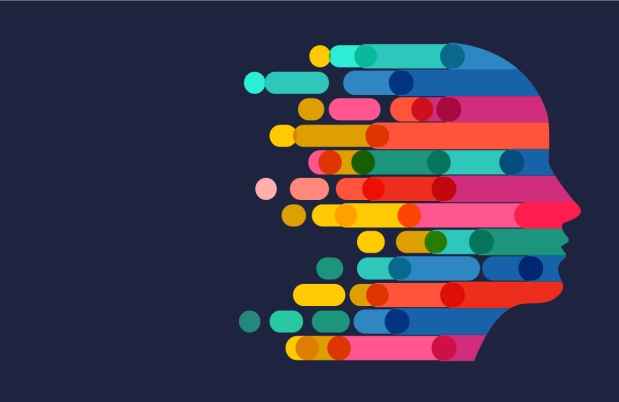Lecture – Addressing Microaggressions in Mental Health Care – A Primer for Social Workers
Available with English captions.
Ashley Davis, PhD, MSW, Boston University School of Social Work, Nicole M. Ivone, LCSW, Department of Defense, and Makieya Kamara, LCSW, Action for Boston Community Development, Inc., present the 2021 Golda Edinburg Lecture.
The deaths of Brianna Taylor, Ahmaud Aubrey, and George Floyd. Recent violence aimed at Asian Americans. Disparities in health care highlighted by the COVID-19 pandemic. All are stark reminders that racism and bias still exist in the U.S.
In this talk, Davis, Ivone, and Kamara seek to enlighten social workers and other health care professionals about the ways racism and bias can cause harm in mental health settings.
Focusing on microaggressions, the presenters detail how exposure to demeaning and discriminatory words and actions can cause severe physical and emotional harm. Examples include increased stress, depression, anxiety, and premature aging.
They also offer tools and techniques to help health professionals identify and reduce microaggressions.
Presentation highlights include:
- A look at how microaggression is defined, along with examples in mental health settings
- A discussion of the harmful impact of racial microaggressions, including how they impact individuals with mental illness
- Training on specific intervention skills for interrupting microaggressions as a bystander
- A discussion of how microaggressions can be reduced by increasing awareness of privilege and implicit bias
The presentation shows examples of microaggressions from the position of target, agent, and bystander. The presenters work through real-life vignettes to illustrate the impact of racist words and actions.
Through these examples, social workers can come to recognize and challenge microaggressions that occur on interpersonal and institutional levels in their everyday interactions in the workplace. These examples give them the awareness and skills needed to further racial justice.
In their talk, Davis, Ivone, and Kamara call on social workers to acknowledge their position of power in health care interactions. They ask them to be aware of long-standing inequities and biases in our institutions.
They also implore social workers to engage in ongoing intentional and reflective practices that will reduce and repair the damage microaggressions can cause in provider-patient relationships.
“This work is really complicated, it’s messy, and at times it’s uncomfortable, but that’s all part of the process,” says Ivone. “Understand that you did not create this mess and know that we as social workers have a personal and professional responsibility to correct it.”



